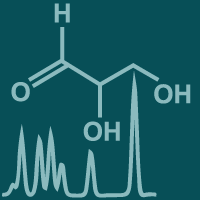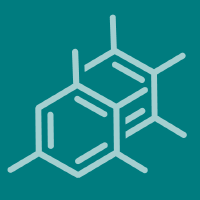Topic Menu
► Topic MenuTopic Editors


Natural Products in Prevention and Therapy of Metabolic Syndrome
Topic Information
Dear Colleagues,
Metabolic syndrome is a complex cluster of metabolic disorders, which increase a patient’s risk of developing diabetes mellitus and cardiovascular diseases, the main causes of morbidity and mortality in the world. Despite the availability of many pharmacotherapies, new classes of pharmacological agents capable of reducing overall risk are needed. An accumulating number of studies have indicated that some natural products or molecules are able to modulate metabolic syndrome and its risk factors. This Topic aims to identify and review the latest natural products or molecules that can prevent and treat metabolic syndrome and its risk factors.
Dr. Jianbo Wan
Dr. Ligen Lin
Topic Editors
Keywords
- natural products
- metabolic syndrome
- cardiovascular diseases
- alcoholic liver disease
- non-alcoholic liver disease
- obesity
- insulin resistance and diabetes
- dyslipidemia
- pancreatic β-cell failure
Participating Journals
| Journal Name | Impact Factor | CiteScore | Launched Year | First Decision (median) | APC | |
|---|---|---|---|---|---|---|

BioChem
|
- | - | 2021 | 54 Days | CHF 1000 | Submit |

Biomedicines
|
4.7 | 3.7 | 2013 | 15.4 Days | CHF 2600 | Submit |

Biomolecules
|
5.5 | 8.3 | 2011 | 16.9 Days | CHF 2700 | Submit |

International Journal of Molecular Sciences
|
5.6 | 7.8 | 2000 | 16.3 Days | CHF 2900 | Submit |

Metabolites
|
4.1 | 5.3 | 2011 | 13.2 Days | CHF 2700 | Submit |

Molecules
|
4.6 | 6.7 | 1996 | 14.6 Days | CHF 2700 | Submit |

MDPI Topics is cooperating with Preprints.org and has built a direct connection between MDPI journals and Preprints.org. Authors are encouraged to enjoy the benefits by posting a preprint at Preprints.org prior to publication:
- Immediately share your ideas ahead of publication and establish your research priority;
- Protect your idea from being stolen with this time-stamped preprint article;
- Enhance the exposure and impact of your research;
- Receive feedback from your peers in advance;
- Have it indexed in Web of Science (Preprint Citation Index), Google Scholar, Crossref, SHARE, PrePubMed, Scilit and Europe PMC.

